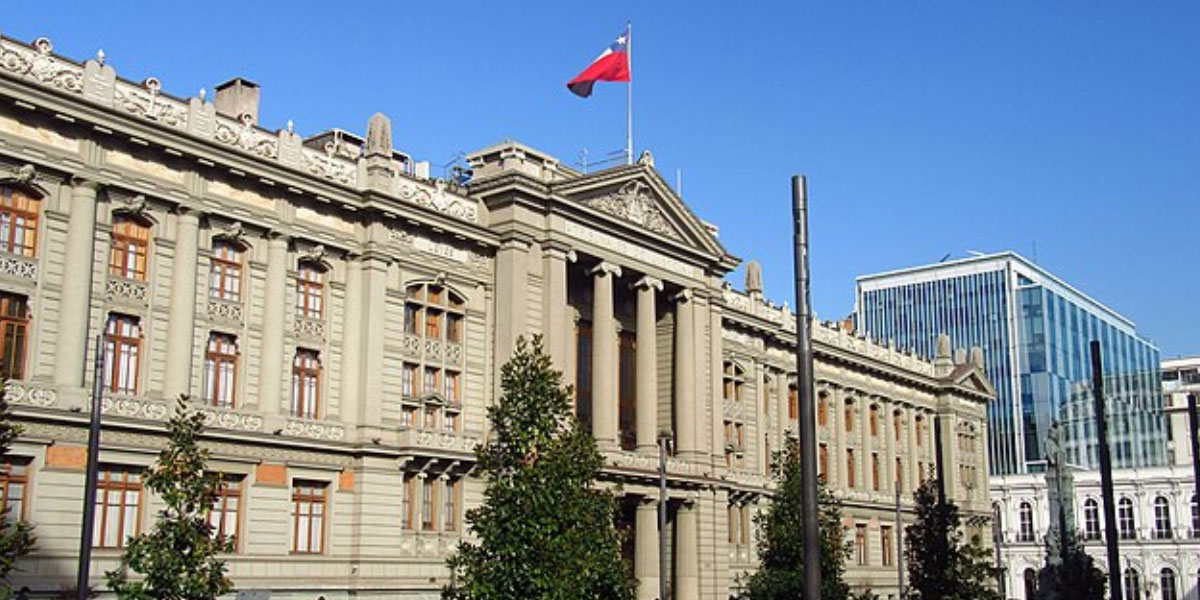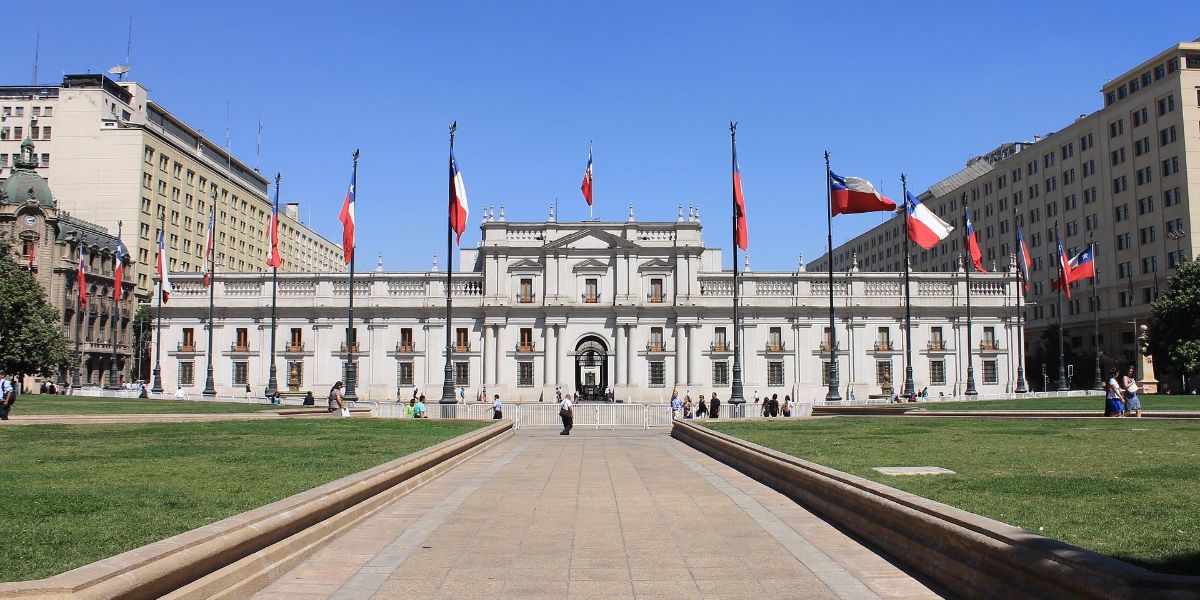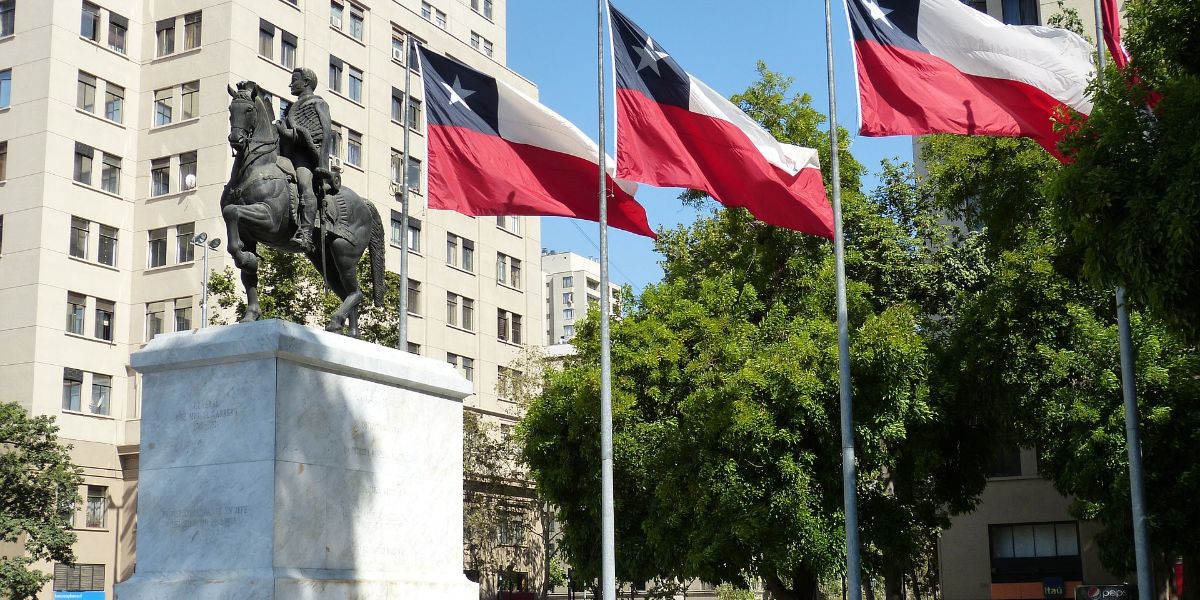On 31 March 2021, the Tax Tribunal issued its decision in one case of: Chile v Avery Dennison Chile S.A. [No. RUT ° 96.721.090-0], relating to the appropriateness of the inter-company loan interest rates of Avery Dennis and the price of the goods sold to the company by Chilean partners.
Avery Dennison (US group) manufactures and sells labeling and packaging materials in more than 50 countries worldwide. The remuneration of the distribution and marketing activities performed Avery Dennison Chile S.A. had been determined to be at arm’s length by application of a “full range” analysis. In addition, excess capital from the local company was placed in the Group’s financial center in Luxembourg, Avery Management KGAA, at an interest rate of 0.79% (12-month Libor). According to the Chilean tax authorities, the remuneration of the local company was not at market terms and the interest rate paid by the related party in Luxembourg was too low.
The Tax tribunal found that the Chilean tax authority failed to prove that its allegations that the marketing operations carried out by the taxpayer during the 2012 business year with related parties not domiciled or resident in Chile do not conform to normal market prices between unrelated parties. Although the OECD Guidelines recommend the use of the interquartile range as a reliable statistical tool (point 3.57), or, in cases of selection of the most appropriate point of the range “the median” (point 3.61), its application is not mandatory in the national tax administration. The taxpayer carried out two financing operations with its related company Avery Management KGAA, domiciled in Luxembourg, which contains one of the treasury centres of the “Avery Dennison” conglomerate, where the taxpayer granted two loans for US $3.200.000.- in 2010 and another for US $1.1000.000.- in 2011. In relation to the financial transactions, the transfer pricing methodology used and the interests agreed by the plaintiff have been confirmed.
Consequently, Assessment No. 210, dated 30 August 2016, should be cancelled and, consequently, this Tax and Customs Court will uphold the claim presented in these proceedings.













